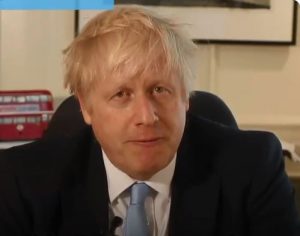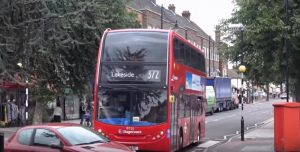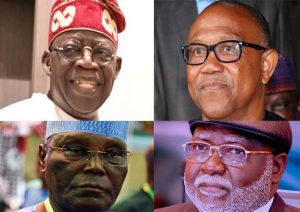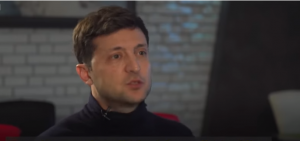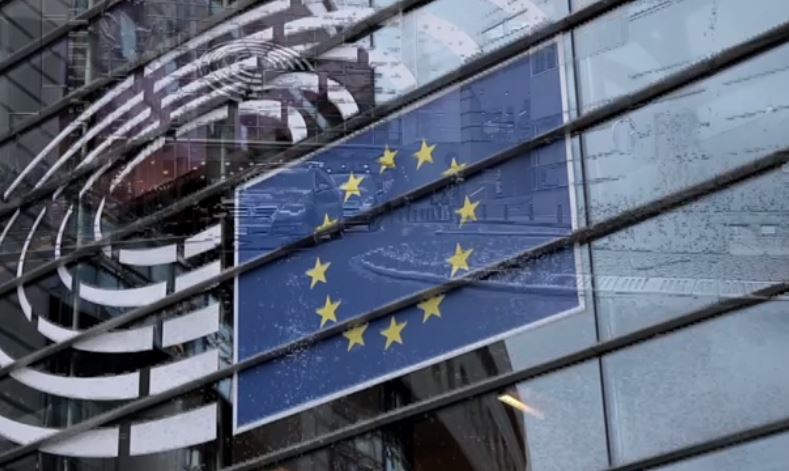
The Guardian / UK: European politicians and multinational bosses lined up to warn Theresa May the UK’s exit from the European Union will be fraught with difficulty, as the prime minister flew out to deliver her “global Britain” message to business leaders in Davos.
Key Brussels negotiators told the prime minister she was being over-optimistic in her hope to achieve a quick, clean break from the EU – and industrialists said her Brexit speech had left UK jobs at risk.
Guy Verhofstadt, the European parliament’s Brexit negotiator, cast doubts on a central tenet of May’s plan when he warned that Britain should not expect continued tariff-free access to EU customers while simultaneously rejecting other key elements of the single market, including free movement.
In an article for the Guardian, Verhofstadt said: “It is an illusion to suggest that the UK will be permitted to leave the European Union, but then be free to opt back into the best parts of the European project, for example by asking for zero tariffs from the single market, without accepting the obligations that come with it.
“I hope that British people will see from the perspective of an EU taxpayer, how unreasonable this would be.” He concludes that Brexit will be “a sad and exhausting process”.
Jean-Claude Juncker, the president of the EU commission, predicted that negotiating Brexit will be “very, very, very difficult” as he responded to May’s speech on Tuesday, because Britain would be considered a foreign country to the rest of the EU.
Speaking to journalists in Strasbourg, the president said he had spoken to the British prime minister and told her the commission was not in a hostile mood: “We want a fair deal with Britain and a fair deal for Britain, but a fair deal means a fair deal for the European Union.”
Meanwhile, foreign secretary Boris Johnson, who was closely involved in the preparation of May’s speech, sparked a fresh row with politicians elsewhere on the continent by appearing to compare French president François Hollande’s insistence that Britain must receive a worse deal after Brexit to “punishment beatings” administered by second world war prison camp guards.
The chairman of Japanese carmaker Toyota said his company, which employs 3,000 people in the UK, was asking itself “how to maintain competitiveness” in its UK operations, after hearing May’s speech. Takeshi Uchiyamada told the Financial Times: “We have seen the direction of the prime minister of the UK, we are now going to consider, together with the suppliers, how our company can survive.”
Financial services firms are among those particularly exercised by the risks of losing unfettered access to the EU single market. HSBC’s chairman Stuart Gulliver confirmed yesterday that the bank is ready to move 1,000 jobs out of London, saying, “we will move in about two years’ time when Brexit becomes effective”.
Meanwhile, Swiss investment bank UBS told the BBC in Davos that it is also preparing to move 1,000 staff out of London to the continent as May implements her “Plan for Britain”.
It also emerged that the prime minister will learn on Tuesday whether she will have to allow for a vote in parliament before triggering article 50, the formal EU divorce process. The supreme court is expected to uphold last autumn’s high court ruling that the approval of MPs and peers is required, meaning that the government will have to table a tightly-worded bill almost immediately.
Earlier, the Brexit secretary, David Davis, said he was “very determined’ to agree a divorce deal with Brussels and a new trading relationship within the two-year deadline set by article 50.
He acknowledged that Britain may not have fully freed itself from European Union rules until 2021, as changes in areas such as immigration, borders or regulation may be introduced gradually but said it would not be overly complicated to resolve. “We’ve said we accept that there may be an implementation phase thereafter,” he told the BBC. “It won’t be a long time … a year or two.” Davis insisted there would be no difference in Britons’ right to travel in Europe or vice versa but admitted new customs checks could come into force for lorries carrying goods into or out of the UK.
German chancellor Angela Merkel welcomed the “clarity” provided by May’s speech but said, after talks with the Italian prime minister, Paolo Gentiloni, that the remaining EU member states would begin Brexit talks with a united front. She stressed negotiations can only begin when article 50 is triggered.
“I am not worried that we won’t stand together,” she said. “The most important thing is that Europe will not let itself be divided, and we will ensure this with very close contact.” Gentiloni agreed there would be “solidarity” among the EU 27, but “also of course friendship” with Britain.
Meanwhile, much of the continent’s press was openly scornful of the prime minister’s approach. “Little Britain – May leads Britain into isolation”, was the frontpage headline in Germany’s Die Welt, while Italy’s La Repubblica opted for: “Brexit: London puts up its wall – out of EU and single market”.
Even more outspoken was Der Spiegel, which summarised May’s negotiating stance as “I want, I want, I want”. In an article also published in English, the magazine’s UK correspondent said Britain’s plans amounted to “wilful self-mutilation”.
In Davos, business leaders have welcomed the certainty brought by May’s twelve-point Brexit plan, but are now preparing to take concrete actions to ready themselves for a world outside the single market.
In her speech there on Thursday, May is expected to sound an optimistic note, reiterating that Britain is open for business, and saying she hopes to use Brexit as an opportunity to strengthen its ties with trading partners outside the EU.
But the prime minister will also warn Davos delegates – who personify the globe-trotting “citizens of the world” she derided in her Conservative party conference speech – that globalisation must be reformed if it is not to lose the support of left-behind communities.
The government has a strong presence at Davos, where business leaders and politicians meet once a year to discuss the state of the global economy. The chancellor, Philip Hammond, and international trade secretary Liam Fox, are both also attending.
As well as delivering her speech, May will host a high-level panel on how to tackle modern slavery, an issue on which she has long campaigned.

